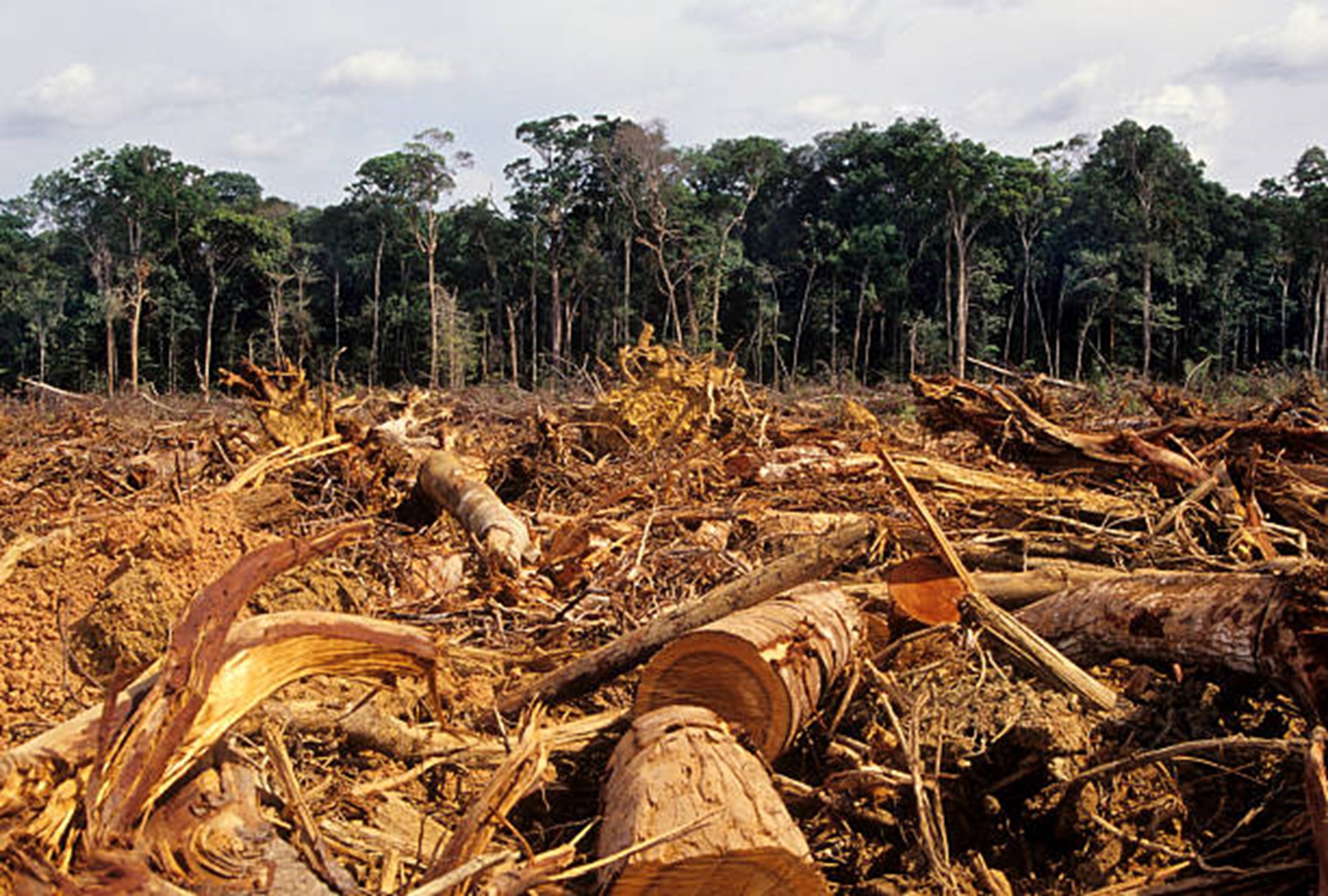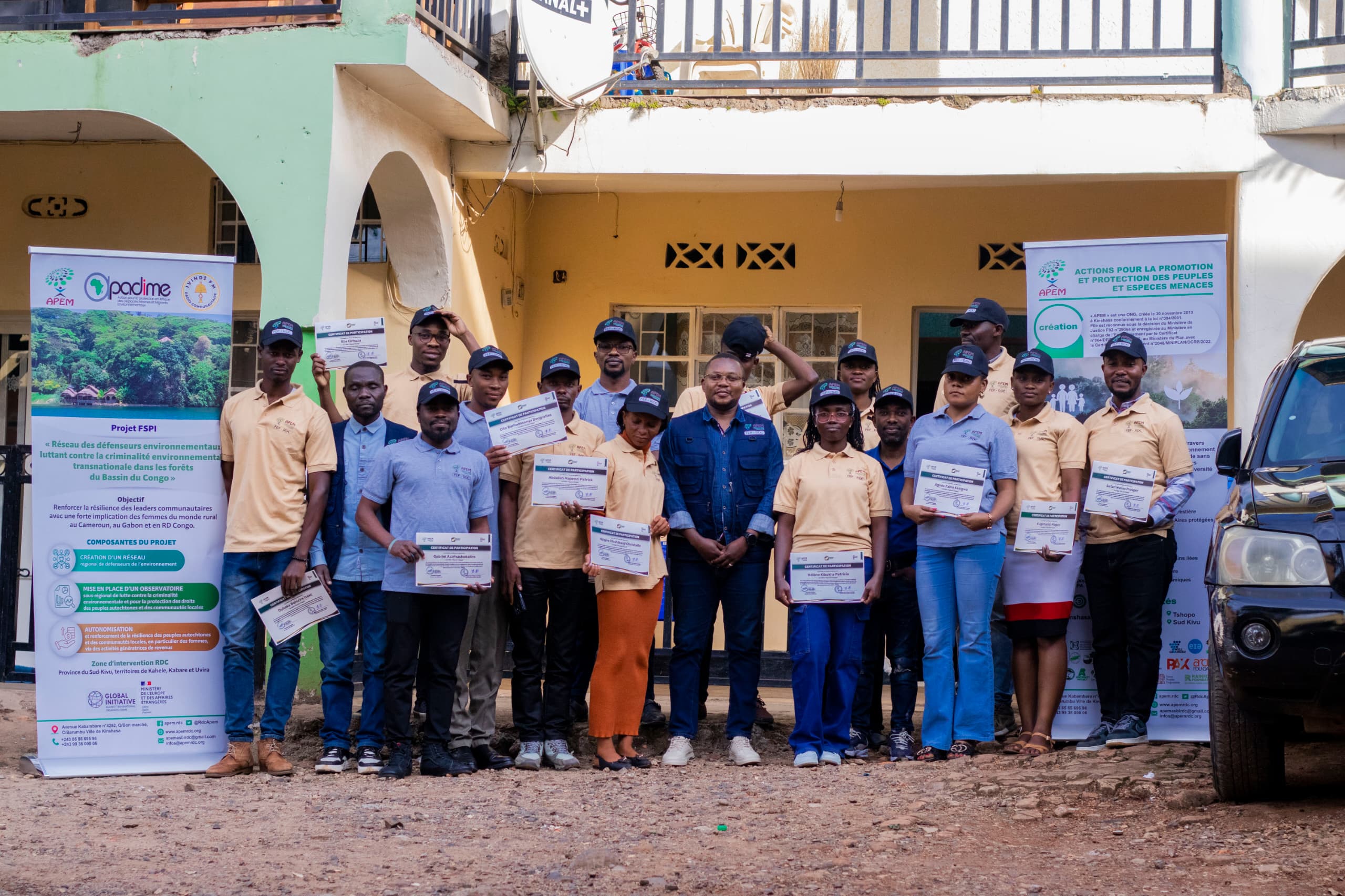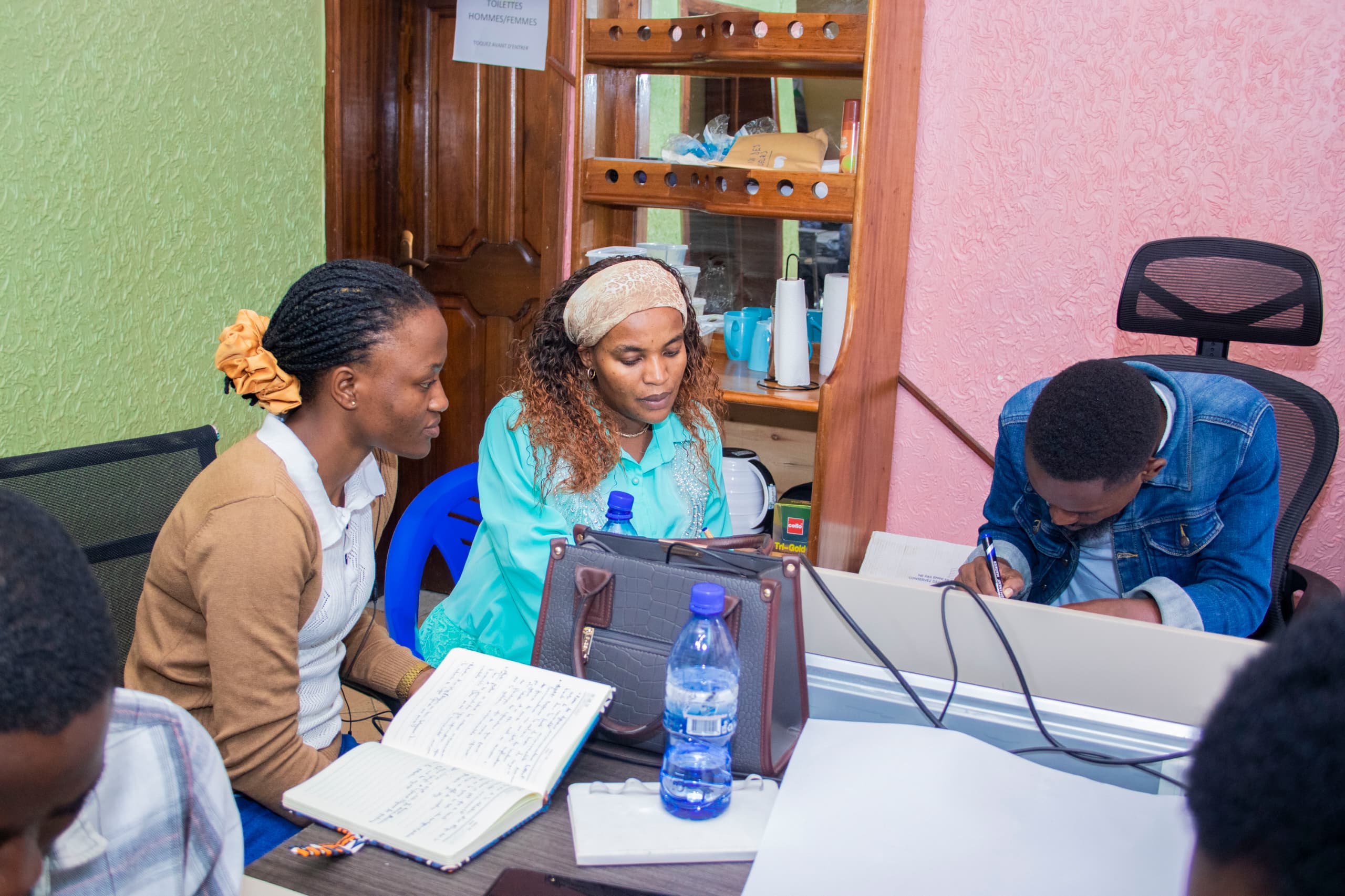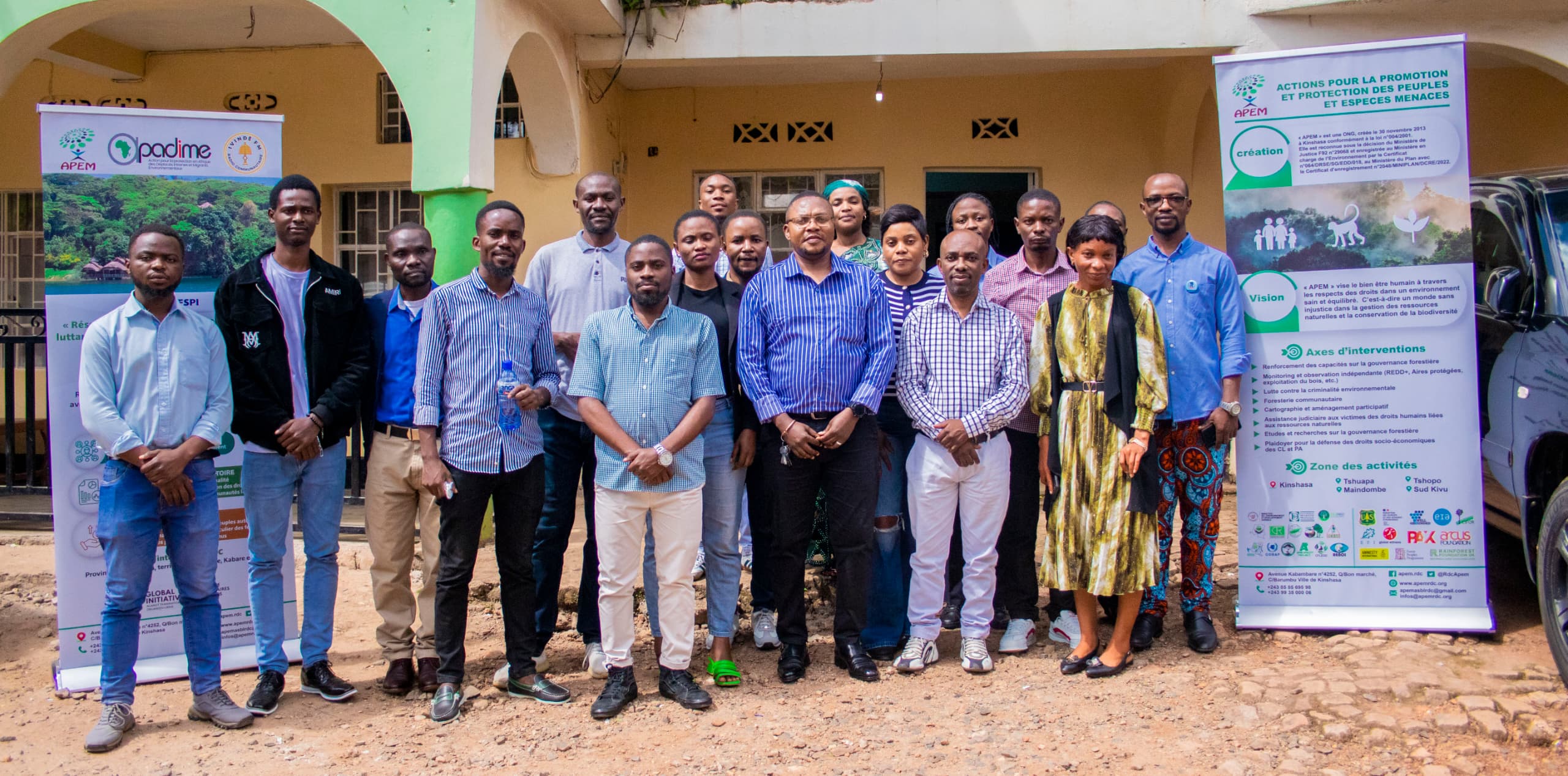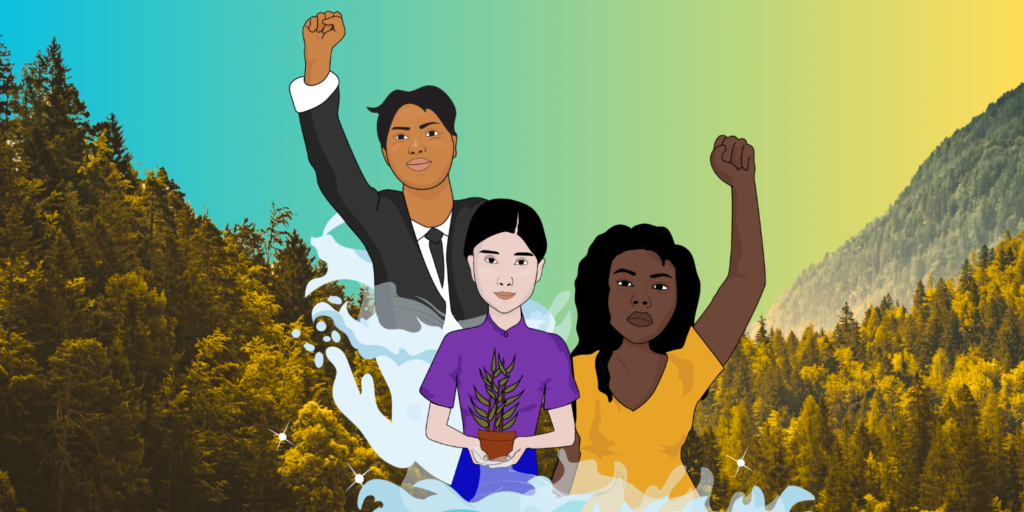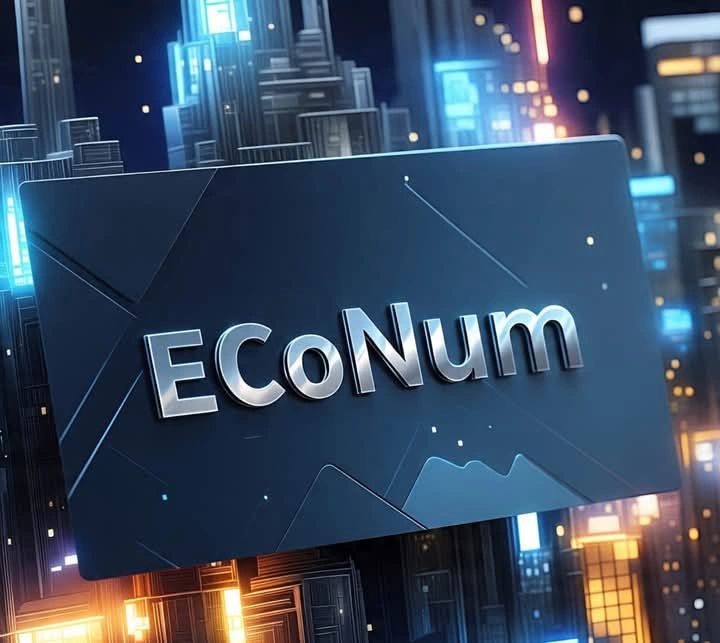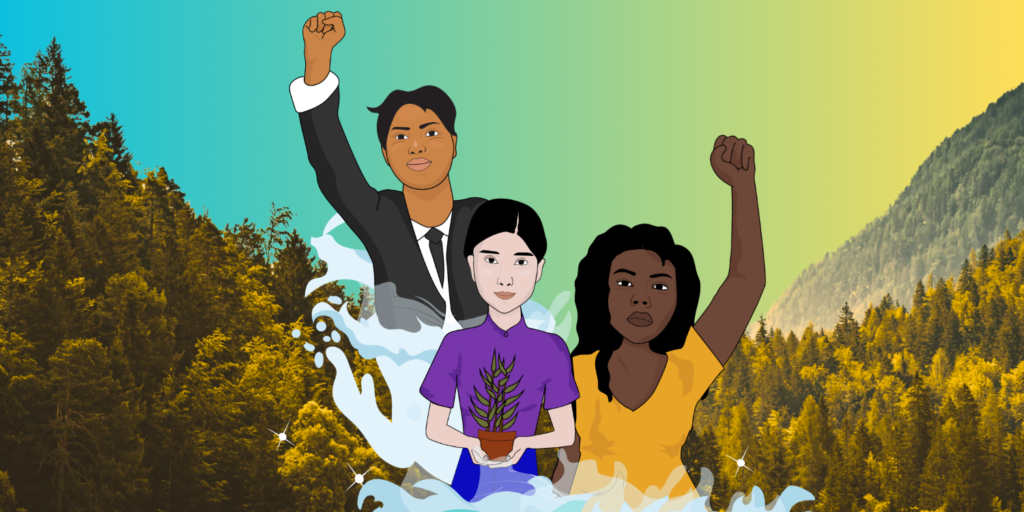nternews’ Earth Journalism Network is pleased to announce an in-person fellowship program that will support selected journalists to attend and report from the 3rd United Nations Ocean Conference (UNOC3) scheduled for June 2025 in Nice, France.
Please read the following sections carefully, as they contain important information on eligibility and the application process.
Overview
In the last decade, many promising steps have been taken to protect ‘the lungs of the planet’—our ocean—which produces most of the oxygen we need to breathe and is the world’s largest carbon sink. We have seen individual countries take action. Earlier this year, Greece was the first country in Europe to announce a ban on bottom trawling in all of its national marine parks and marine protected areas , and so far 15 countries have ratified the UN’s High Seas Treaty, which aims to protect marine biodiversity in the two-thirds of ocean waters that do not fall under national jurisdiction.
Countries made important strides at the last UN Ocean Conference held in Portugal in 2022: outlining new guidelines on blue markets and over 50 high-level commitments and pledges covering scientific cooperation, monitoring and surveillance of ecosystems and regulation of IUU (illegal, unreported and unregulated) fishing.
The next UN Ocean Conference , scheduled to be held in Nice, France, from June 9-13, 2025, will be a vital inflection point to accelerate progress on the conservation and sustainable management of the ocean.
These summits are focused on supporting the implementation of Sustainable Development Goal 14 (SDG14), which is to “Conserve and sustainably use the oceans, seas and marine resources for sustainable development.”
Although nearly 3 billion people rely on the ocean for their primary source of protein, and millions worldwide depend on coastal and marine ecosystems for their livelihoods, many of the decisions and action plans made to protect the ocean are decided between government officials , at such high-level conferences which are not accessible to the public.
It is only through trusted, transparent and accessible journalism that such important coverage can set sail and reach vulnerable communities in every continent.
The road to a sustainable future for our blue planet remains fraught, ; and the public needs to be better informed about how their countries are—or aren’t—addressing overfishing, acidification and potentially, deep-sea mining, among several other threats to the ocean, which is home to 260,000 known species.
As part of Internews’ Earth Journalism Network’s UN Ocean Project, we are pleased to announce a new fellowship program for journalists interested in attending and reporting from the United Nations Ocean Conference 2025, with support from the Bloomberg Ocean Fund. This edition of the conference will be focused on mobilizing all actors to conserve and sustainably use the ocean.
Fellowship logistics
Fellows will travel to Nice, France to attend the entire duration of the UN Ocean Conference negotiations, which will take place from June 9-13, with arrival planned for 7 June, and departure on 14 June.
EJN will cover non-refundable economy-class airfare, accommodation, meals, travel medical insurance and ground transportation costs related to fellowship participation. Organizers will also facilitate the press accreditation process and provide logistical support relating to the trip. Please note that the process of obtaining any necessary visas is the fellow's individual responsibility, though EJN will reimburse visa costs. Fellows will also receive a per diem to cover daily expenses during their time in Nice.
5-8 journalists will be selected for the in-person fellowship. Prior to the start of UNOC, fellows will receive informational resources and technical support to help prepare for reporting at the conference. They will attend pre-COP virtual workshop to meet their cohort and media trainer, discuss reporting opportunities, and ask any questions to support pre-reporting and preparatory work.
While in Nice, fellows will participate in a series of specially designed activities, including an orientation session with ocean experts on the key issues at this UNOC, daily briefings led by EJN’s media trainers and interviews with high-level officials. The fellowship will offer valuable insights into the climate and environmental stakes of threats to the ocean and the measures required to protect the marine ecosystem. Fellows will also engage with their cohort and exchange ideas for effective reporting and receive editorial feedback and guidance on their stories from EJN’s media trainer.
Journalists awarded fellowships are responsible for their own safety during travel, and for ensuring that they meet all requirements for travel and attendance.
Eligibility
To be eligible for the fellowship, the applicant must:
- Be a professional journalist from or representing an established media house and reporting from any country with a coast. Applicants from countries in the Mediterranean region and low- and middle-income countries are especially encouraged to apply.
- Have previous experience reporting on ocean issues (examples include threats to the ocean such as, IIU fishing, the impacts of algal bloom, acidification and pollution as well as innovative and actionable solutions to protect the ocean, such as technological advances to monitor ocean crimes, new multilateral agreements such as the Plastics treaty and High Seas treaty, funding mechanisms such as blue bonds, and policy measures such as Marine Protected Areas, fishing quotas, etc.
- Clearly indicate the kinds of stories they will seek to pursue while covering the conference.
- Be available for the conference in Nice from 9 until 13 June 2025, arriving on 7 June and departing on 14 June.
- Have a good command of the English language.
- Share an up-to-date resume/CV.
- Provide a letter of support from an editor, producer, or supervisor who can confirm that your news reports will be published or broadcast in an established media outlet. Freelancers are welcome to apply but must provide a letter of support from a media outlet for which they intend to report.
- Provide recent, relevant and journalistic work samples which focus on ocean issues (preferably covering ocean governance/policies related to marine protection). These can be uploaded as documents or web links. Stories can be in any language as long as they are accompanied by a short English synopsis. Stories must have clear bylines and should have been published in the last 12 months.
For the purposes of this opportunity, we will only be accepting applications in English. Unfortunately, we do not have the capacity to consider applications in other languages at this time. Applicants must be able to participate fully in an English-language fellowship to be awarded.
Applications are open to journalists working in any medium (online, print, television, radio). We encourage applications from freelance reporters and staff from all types of media organizations—international, national, local and community-based.
Journalists who attended the previous UNOC in 2022 with EJN’s support or any other EJN-supported fellowships in 2024 are not eligible for this opportunity.
EJN reserves the right to disqualify applicants from consideration if they have been found to have engaged in unethical or improper professional conduct, including, but not limited to, plagiarism and submitting AI-generated content as their own.
Judging criteria
Applications for conference fellowships will be accepted until January 15, 2025. Decisions will be communicated in early February 2025.
We are looking for applicants who meet the following criteria:
- Demonstrated experience covering marine issues and other environmental topics;
- Long-term commitment to the field of journalism and in continuing to report on these topics;
- A relationship with an established media house and possession of a signed letter of support from an editor/producer/supervisor agreeing to publish or broadcast any work produced during the fellowship.
EJN also considers the need to assemble a diverse cohort of journalists from different types of media houses, media (including print, online, radio, broadcast) and geographies.
Story logistics
Fellows are expected to produce at least 2 in-depth stories or analyses to be published during the course of the fellowship or within the two weeks following the fellowship, for their media house. Journalists are welcome to produce daily or short news pieces, as additional stories to the fellowship, and are also encouraged to share their work on social media for wider reach, although these are not requirements of the fellowship.
Participating journalists are free to report as they see fit; however, as part of our program we may provide extra training or activities related to more technical, under-reported or scientific concepts. We do ask that fellows adhere to basic editorial standards (which will be shared at the start of the fellowship) and these guidelines:
Language of publication: Stories produced as a result of this fellowship can be in any language. We ask that fellows provide high-quality English summaries of stories produced in other languages and fully translate at least one of their stories into English so it can be shared with a wider audience. Fellows may use a tool like DeepL or other automated translation apps to assist but should review the translations submitted for clarity and accuracy.
Acknowledgement of support: Published stories and/or broadcasts must disclose EJN support by including this tagline: “This story was produced as part of the UN Ocean Conference Fellowship 2025, organized by Internews' Earth Journalism Network.”
Republication rights: Those who are awarded grants are free to publish or broadcast stories produced as a result of the fellowship first in their affiliated media as long as Internews’ EJN, its partners and the grant funders are also given rights to edit, republish, broadcast and distribute them freely.
Travel requirements and safety protocols: Fellows are responsible for ensuring that they meet any requirements for travel to France. Applicants will be asked to indicate that they understand that participation in the fellowship requires compliance with the French government and venue requirements.
EJN will continue to assess travel and health risks and will communicate those with fellows ahead of the conference. All travel to participate in this fellowship will be voluntary.
How to apply
Click the 'Apply now' button at the top of the page.
If you have an existing account, you'll need to log in. If not, you must register by clicking “Log in” on the top right of the page and clicking the “Sign up” link at the bottom of the page that opens. Click here for detailed instructions on how to create an account, and here for detailed instructions on how to reset your password.
If you start the application and want to come back and complete it later, you can click 'Save Draft.' To return to the draft, you'll need to go back to the opportunity and click 'Apply now' again to finalize the application.
Applications should provide a detailed budget in an Excel spreadsheet with justification for the amount requested. Download the budget template now by clicking on this link.
Note: You'll be asked to upload these supporting documents once you start the application process, so please have them handy.
If you encounter difficulties with submitting your application or have questions about the grants, please email info.ejn@internews.org. Do not contact any other Internews email regarding this opportunity, as we will not receive it.
Applications submitted after the deadline will not be considered.
- Email: info.ejn@internews.org
- Website: https://earthjournalism.net

